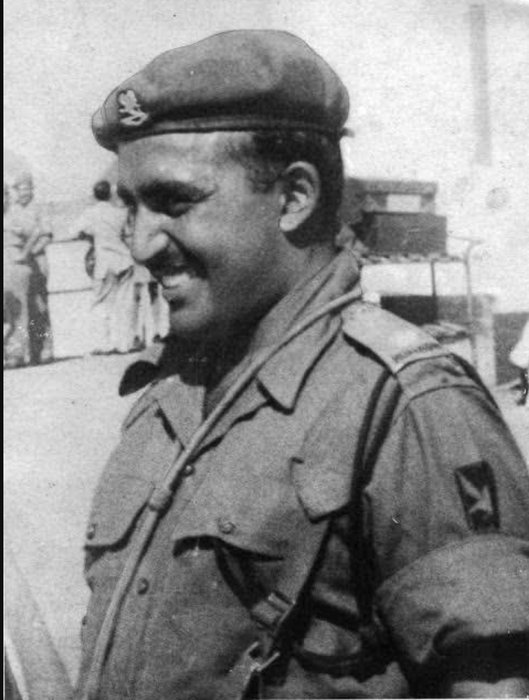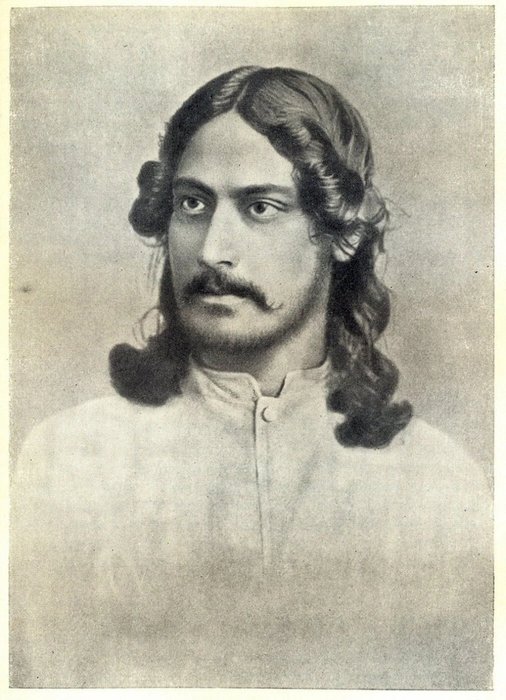Sublime
An inspiration engine for ideas
India's political news after World War I was driven largely by Gandhi, whom the poet Rabindranath Tagore had christened "Mahatma," the Great One. Since leaving South Africa, Gandhi had become, through his various campaigns for swaraj, or self-rule—independence from Britain—a household name in India. Gujaratis took inordinate pride in seeing one of
... See moreMinal Hajratwala • Leaving India: My Family's Journey from Five Villages to Five Continents

Aurangzeb reneged on his promise and secretly had Murad arrested. After three years in prison the Prince was accused of murder and sentenced to death. He died at the age of 37, on the 14th December 1661.
Anne Davison • THE MUGHAL EMPIRE ('In Brief' Books for Busy People Book 7)
Nizam ul-Mulk was an ingenious general but an even more talented statesman, using bribery and intrigue to achieve what his old-fashioned and outmoded Mughal armies could not. While breaking from the direct control of Delhi, he made a point of maintaining his nominal loyalty to the Mughal Emperor, and throughout the eighteenth century the people of
... See moreWilliam Dalrymple • White Mughals: Love and Betrayal in Eighteenth-Century India
Mirza Mughal’s attempts to act as a co-ordinating Commander-in-Chief had only very limited success.
William Dalrymple • The Last Mughal
Just before 3 p.m., the judges retired to consider their verdict. A few minutes later, they returned to unanimously declare Zafar guilty “of all and every part of the charges preferred against him.” Normally, noted the president, such a verdict would have resulted “in the penalty of death as a traitor and a felon.” Thanks, however, to Hodson’s
... See moreWilliam Dalrymple • The Last Mughal
When asked for a decision, Shah Soltan Hosein would tend to agree with whoever approached him last – usually with the words Yakhshi dir (‘It is good’ in the Turkic court language).
Michael Axworthy • Sword of Persia: Nader Shah, from Tribal Warrior to Conquering Tyrant


Throughout the autumn and the early part of the winter of 1857, while the battle for Lucknow still raged in the eastern half of Hindustan, much of the effort of British administration in Delhi went into preparing for the historic trial of the man who was now clearly going to be the last of the Mughals.